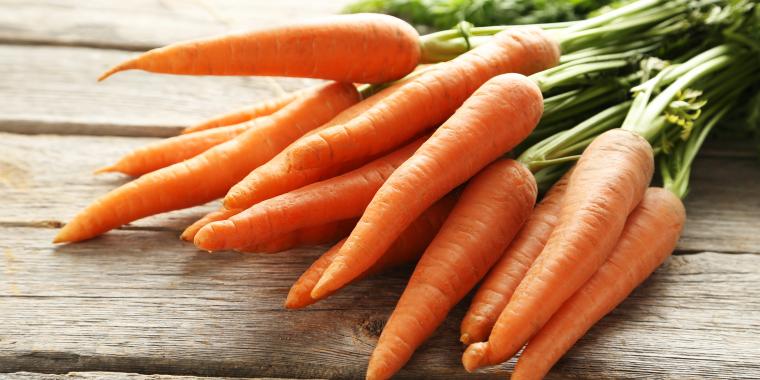A new study suggests that snacking on baby carrots three times a week has great health benefits.
Others are reading now
Looking for a healthy snack? Try baby carrots!
Researchers have discovered that eating baby carrots just three times a week can significantly boost skin carotenoids in young adults.
This effect is even greater when combined with a multivitamin containing beta carotene.
What Are Carotenoids?
Carotenoids are the red, orange, and yellow pigments found in many fruits and vegetables.
Also read
Higher levels of these pigments in the skin indicate a higher intake of fruits and vegetables, which is linked to better antioxidant protection and a lower risk of chronic diseases like heart disease and some cancers.
Increased carotenoid levels also reflect improved skin health and immune function.
Study Details
Mary Harper Simmons, a Master of Science in Nutrition student at Samford University, presented her findings at the annual meeting of the American Society for Nutrition in Chicago.
“Our findings suggest that a small, simple dietary modification — incorporating baby carrots as a snack — can significantly increase skin carotenoid accumulation,” said Simmons.
The study involved 60 young adults divided into four groups for a four-week period. The groups received either:
-
Granny Smith apple slices (control group)
-
100 grams of baby carrots (about 1/2 cup)
-
A multivitamin supplement containing beta carotene
-
A combination of baby carrots and the supplement
Using a VeggieMeter, a noninvasive tool to measure skin carotenoids, researchers found that skin carotenoid scores increased by 10.8% in the baby carrot group and by 21.6% in the group receiving both baby carrots and the supplement.
There was no change in the apple group or the group taking just the multivitamin.
Key Findings
“We found that the combination of baby carrots and a multivitamin supplement that contains beta carotene can have an interactive effect on skin carotenoid accumulation,” said Simmons.
To achieve these benefits, she recommends choosing a multivitamin with beta carotene and eating baby carrots at least three times a week.
Interestingly, carotenoid levels did not increase with the multivitamin alone, suggesting that carotenoids might be better absorbed from food than from supplements.
Future Research
The researchers plan to investigate how other carotenoid-rich foods, such as sweet potatoes or green leafy vegetables, affect carotenoid absorption and health benefits.
They also want to understand the mechanism behind their findings.
While these results are promising, the researchers note that their findings are preliminary and should be confirmed by peer-reviewed studies.


